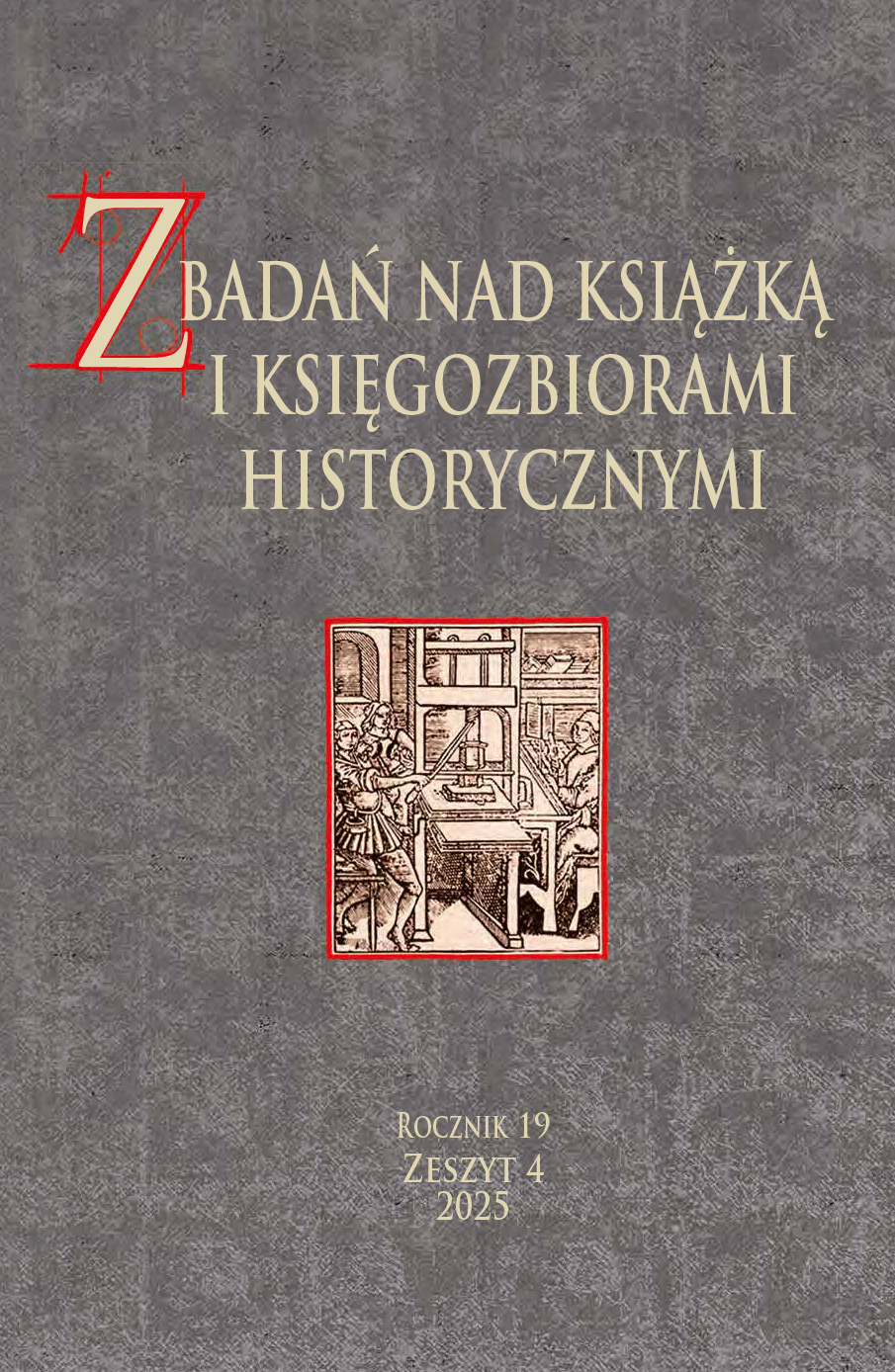Diaries and letters of the exiles (after the January Uprising of 1863) in the Russian archives (Central and Siberian)
DOI:
https://doi.org/10.33077/uw.25448730.zbkh.2017.77Keywords:
diaries, letters, Russia, Siberia, 19th century, exiles after January UprisingAbstract
After the fall of the January 1863 Uprising, about 20 thousand Poles found themselves in the Siberian exile. A significant part of this group were Poles who lived in the Taken Lands (Lithuania, Belarus, Ukraine), the area unofficially known as the Western Krai. The exiles from this area came mainly from the impoverished gentry. There were also women in exile. Some of them went there because of their political activity in the years 1863-1864, and others voluntarily followed their husbands or fiancées. The Polish exiles in Siberia tried to live in their groups, sometimes called „Ogół”, which were under the special supervision of the tsarist authorities. They were systematically suspected of preparing an armed conspiracy. Whenever such suspicions arose, they were quickly followed by arrests and all correspondence with the family, memoirs, and various documents were confiscated. All of that written legacy was sent to the secret archive of the 3rd Department of the Gendarmerie and is now stored in the State Archive of the Russian Federation ( IPFS) in Moscow. However, some of it was found in Omsk, Tomsk and Krasnoyarsk. On the basis of this legacy we can recreate the everyday life of Polish exiles. It also sheds light on the material situation of Polish families living in the Taken Lands. Letters written by relatives, especially from Vilnius, are also an interesting monument of the Polish culture. It must be remembered that these letters were written by a poorly educated gentry.






